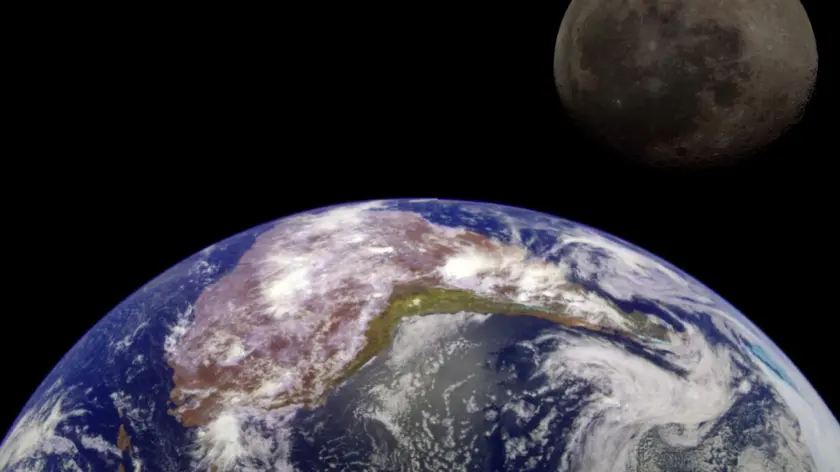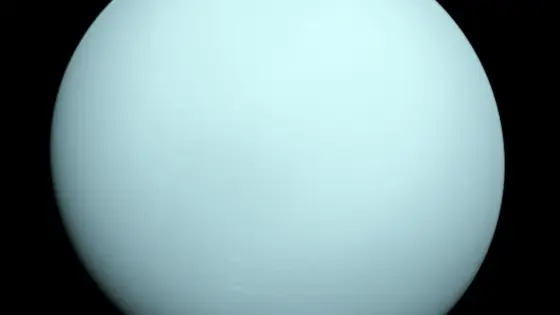T4K3.news
New quasi moon spotted
A small asteroid has been found sharing Earths orbit and may stay for decades.

A new quasi satellite named 2025 PN7 has shadowed Earth's orbit for decades and will stay on a similar path for decades more.
New Quasi Moon Hidden in Plain Sight for Six Decades
Scientists have identified 2025 PN7, a small near Earth asteroid about 19 meters wide, as a quasi satellite that has shadowed Earths orbit for roughly six decades and will likely stay on a similar path for another six decades. It was spotted by the Pan-STARRS telescope in Hawaii on August 2, with researchers later finding archival images dating back to 2014. The object sits between 2.8 million and 37.2 million miles from Earth depending on the position of the pair in their orbits, and it belongs to a small group of quasi satellites that share Earths solar orbit but are not bound by its gravity.
Scientists clarify that quasi satellites behave like traveling companions rather than true moons. They are influenced by Earths gravity but do not orbit the planet, instead keeping pace as the Earth moves around the Sun. Mini moons are different; they are temporarily captured and may stay for weeks or months. The discovery adds to the case that our neighborhood holds more hidden travelers that science can still observe with enough telescope time and careful data work. The existence of this object also highlights how archival data can reveal long hidden patterns in our solar system.
Key Takeaways
"they are more like temporary traveling companions than actual moons"
Describes the nature of quasi satellites
"a traveling companion rather than a true moon"
Characterizes the quasi orbiter relation to Earth
The finding underscores how much we still miss in plain sight. Quasi satellites offer a natural test bed for understanding near Earth object dynamics and the limits of current surveys. They remind us that the sky holds slow moving neighbors that rarely draw dramatic headlines but still shape our view of the solar system. As data archives grow, more such objects may emerge, reshaping risk assessments and the planning of future space missions. The practical takeaway is simple: keep watching, because discoveries can hide in the gaps between observations.
Highlights
- quasi moons travel with Earth not around it
- a traveling companion rather than a true moon
- the solar system keeps surprising us in plain sight
- hidden travelers await in our celestial neighborhood
The sky still holds quiet travelers that demand careful study and patience
Enjoyed this? Let your friends know!
Related News

Arjuna 2025 PN7 joins Earth's quasi satellite group

New quasi moon spotted near Earth

Quasi Moon Near Earth Confirmed

New tiny moon found around Uranus

Webb finds new Uranus moon

Tiny moon around Uranus discovered

New Uranus moon spotted by Webb

NASA spots new Uranus moon
